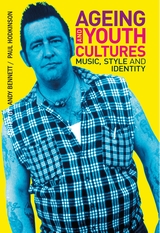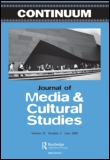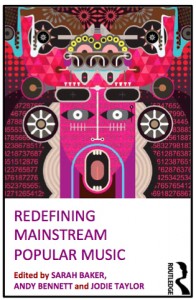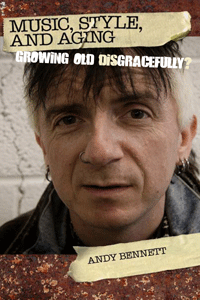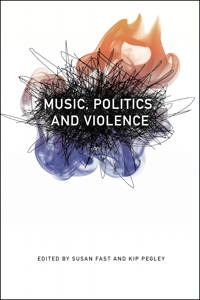Richard Waterman Prize Competition
Popular Music Section of the Society for Ethnomusicology
Deadline: 1 April 2013
The Popular Music Section of the Society for Ethnomusicology is pleased to announce the 2013 Richard Waterman Prize competition. The prize was created to recognize the best article by a junior scholar in the ethnomusicological study of popular music published within the previous year, in any publication. The Prize comes with a cash award of up to $200. Continue reading


